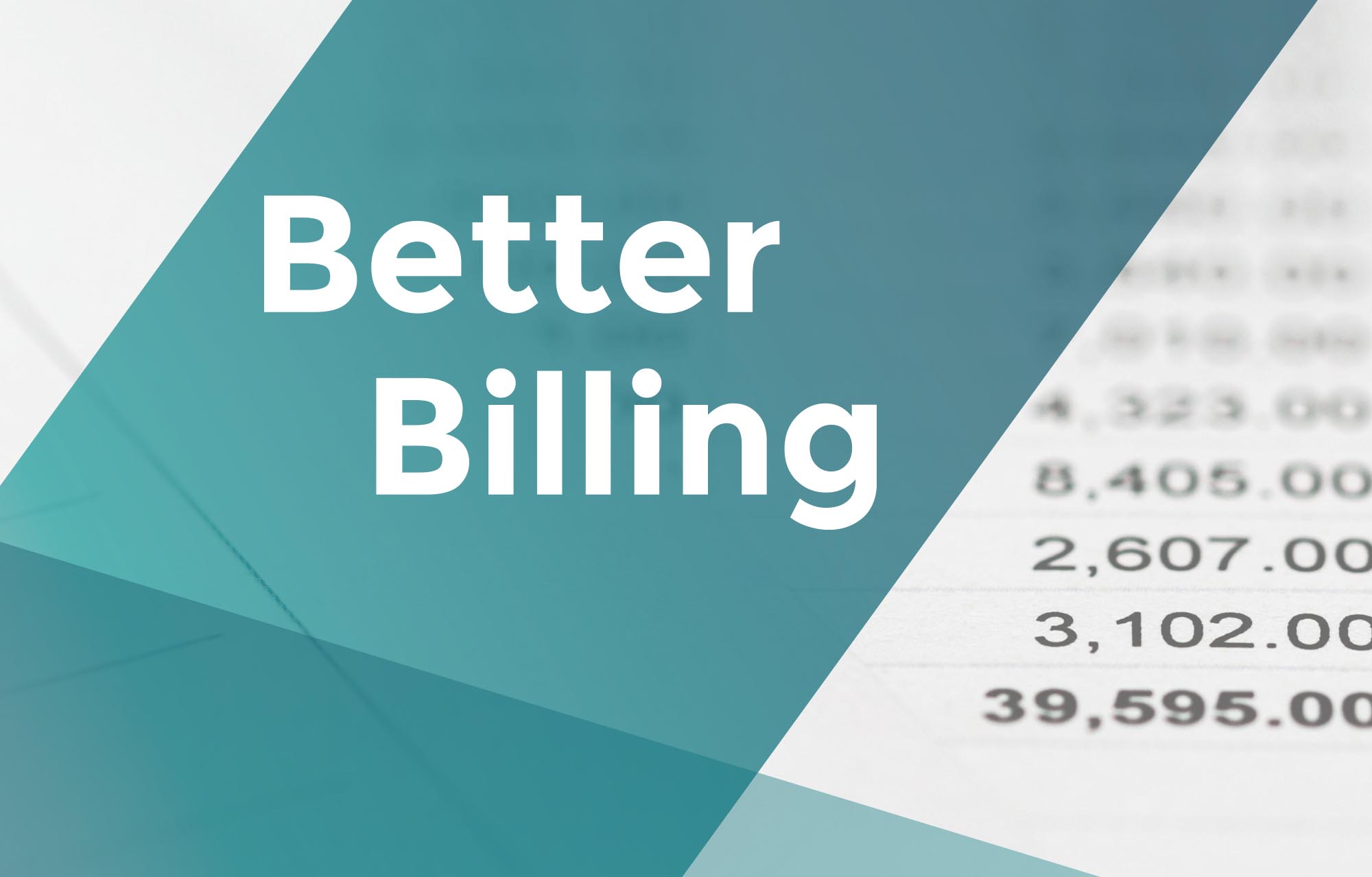For two years, Dr. Scott Isaacs worked as an endocrinologist caring for adults with diabetes. He had no idea that in 2020 he would be pushed to the frontline to fight the COVID-19 pandemic. The panic during the initial phase of the threat was visible. All his diabetes patients who are concerned that they belong to the high-risk group, kept reaching out to him to get a better understanding of what was happening and if they should be tested.
- Should they get tested despite not showing any severe symptoms?
- Should they stockpile extra medication?
- Should they write to their employers requesting to work from home?
For all these questions and more, Dr. Issacs only had one honest response: “I don’t know.” For all these years, Dr. Issacs was used to relying on his medical expertise but the novel coronavirus had put him in an unknown territory – an experience shared by most medical specialists who have been serving as the primary physicians of patients with very specific medical needs.
Most of the medical specialists who’re trained to care for patients with specific medical problems were now faced with a surge of questions from all their patients. Everyone is looking for information, a way to familiarize themselves with this threat. Medical specialists in Canada too, are scrambling for answers and ways to keep up with the rapid changes in the increasing number of cases and the various advisories from the government and health agencies.
In a report published by The New York Times, health care professionals (HCP) said how this global threat has forced them to work outside their area of expertise. Medical Specialists such as radiologists, oncologists, psychiatrists, have been asked to work at the emergency wards and this situation is not too different in other parts of the world.
The Role of Medical Specialists In Canada In Response To COVID-19
Healthcare systems around the world are crumbling under the pressure of this viral infection. In March 2020, Reuters news service quoted the chief of staff of one of Ontario’s newest hospitals as saying, “You’ve got people in broom closets and auditoriums and conference rooms across the country.”
If you’re a Medical specialists in Canada, here’s how your role might change in response to COVID-19 and its aftermath.
1. Internists and Family Practitioners
Since internists and family practitioners had more direct involvement in managing patients; as COVID-19 started spreading, these types of patients were staying out of private practices. Most patients chose to manage mild diagnosis at home through virtual contact and only turned towards in-patient settings when the symptoms spiraled out of control.
If you’re an internist or family practitioner and still find yourself with extra time then you could reach out to patients who are looking for regular consultation to make sure their care needs are still being met. Set up an online service where you can not only offer care but also conduct webinars and information sessions to help keep your patients informed and reduce their worry.
2. Oncologists
As an oncologist, you may reckon that you’re not directly associated with the treatment and care of COVID-19 patients. However, you still have to think about the virus and the impact it could have on your patients. Many chemotherapy drugs are immunosuppressant putting patients with cancer at an increased risk for the coronavirus infection.
As their doctor, your role now is to study and get yourself acclimated to how this virus can affect your patients and the steps that you’ll have to take to alter their treatment. You may also have to set up an online practice so that you can monitor and consult your regular patients virtually after the current threat has reduced.
Another important aspect that you could prepare for are the various ways you can treat a patient who contracts the virus or someone who gets infected and recovers. Will they need any changes in their treatment? You’ll have to consider all these multiple factors and how your practice will evolve post the pandemic.
3. Pulmonologists, ENTs, Ophthalmologists
If you’re one of these specialists then you must take the same precautionary measures around your patients as doctors who’re dealing with the confirmed cases are taking. It’s crucial that you look out for symptomatic patients who haven’t gotten tested for the virus yet.
Even after the pandemic is over, you’ll have to practice caution and study the symptoms that your patients highlight. Despite the threat not being as prominent, you may still need to ask them to get tested for the COVID-19 infection.
It’s also important that you keep yourself updated with the latest finding of the virus and ensure you’re giving your patients the most up-to-date treatment.
4. Neurologists
While the novel coronavirus primarily affects the lungs, according to preliminary data the virus has shown to infect neurons causing loss of smell and taste. Therefore, as a neurologist, you must be careful around patients who show these symptoms and recommend they get tested for the infection. Whether this virus will have a universal or long-term impact on the nervous system is yet to be seen.
Similar to oncologists, neurologists may too have to set up an online practice to offer virtual care to their patients who need routine, maintenance counseling.
5. Psychiatrists
One of the emotions that have fostered in parallel to the COVID-19 pandemic is fear. Humanity along with the healthcare systems are stressed about the virus and the uncertainty that it brings with itself. Months of lockdown and social isolation may have a high risk of birthing a mental health epidemic.
People across the world are feeling isolated and stressed when they’re asked to quarantine. This can get particularly difficult for patients with pre-existing mental health conditions. A study conducted with almost 46,000 Canadians for mental health said that their mental health has gotten worse since the onset of physical distancing. 52% of participants indicated that their mental health was either “somewhat worse” or “much worse.”
Mental stress, depression, financial struggles, learning new ways to re-engage with the world is going to be difficult for a lot of people. These are the kinds of risk factors that lead to increasing rates of depression, anxiety, and even suicide.
These are people who are in lockdown and quarantine. There is a whole new set of people who have been diagnosed with the infection who’s going through a whole different mental struggle. Families of the sick will also require support. Therefore, psychiatrists will have a vital role to play in addressing the mental health burden during and post COVID-19.
6. Gastroenterologists
With nausea, vomiting, and diarrhea classified as symptoms of COVID-19, Gastroenterologists may have a direct role to play when it comes to patient care. Researchers have noted that COVID-19 patients may experience abnormal liver function. Therefore, it is important that you wear a PPE kit and take all the necessary precautions during endoscopies, as the GI tract may be a route of infection.
While you have to look out for patients with COVID-19 these symptoms, you also have to care for your other patients. Similar to neurologists, Gastros could consider virtual care too so that you too can help out other doctors who’re dealing with the positive cases.
Conclusion
Coronavirus has put significant pressure on the healthcare systems of the world and doctors from all medical specialties. Doctors from all specialties now not only have to cater to their own patients but also understand how this pandemic will change their practice and the different ways that they can offer care to their patients.
This article offers general information only and is not intended as legal, financial or other professional advice. A professional advisor should be consulted regarding your specific situation. While information presented is believed to be factual and current, its accuracy is not guaranteed and it should not be regarded as a complete analysis of the subjects discussed. All expressions of opinion reflect the judgment of the author(s) as of the date of publication and are subject to change. No endorsement of any third parties or their advice, opinions, information, products or services is expressly given or implied by RBC Ventures Inc. or its affiliates.







